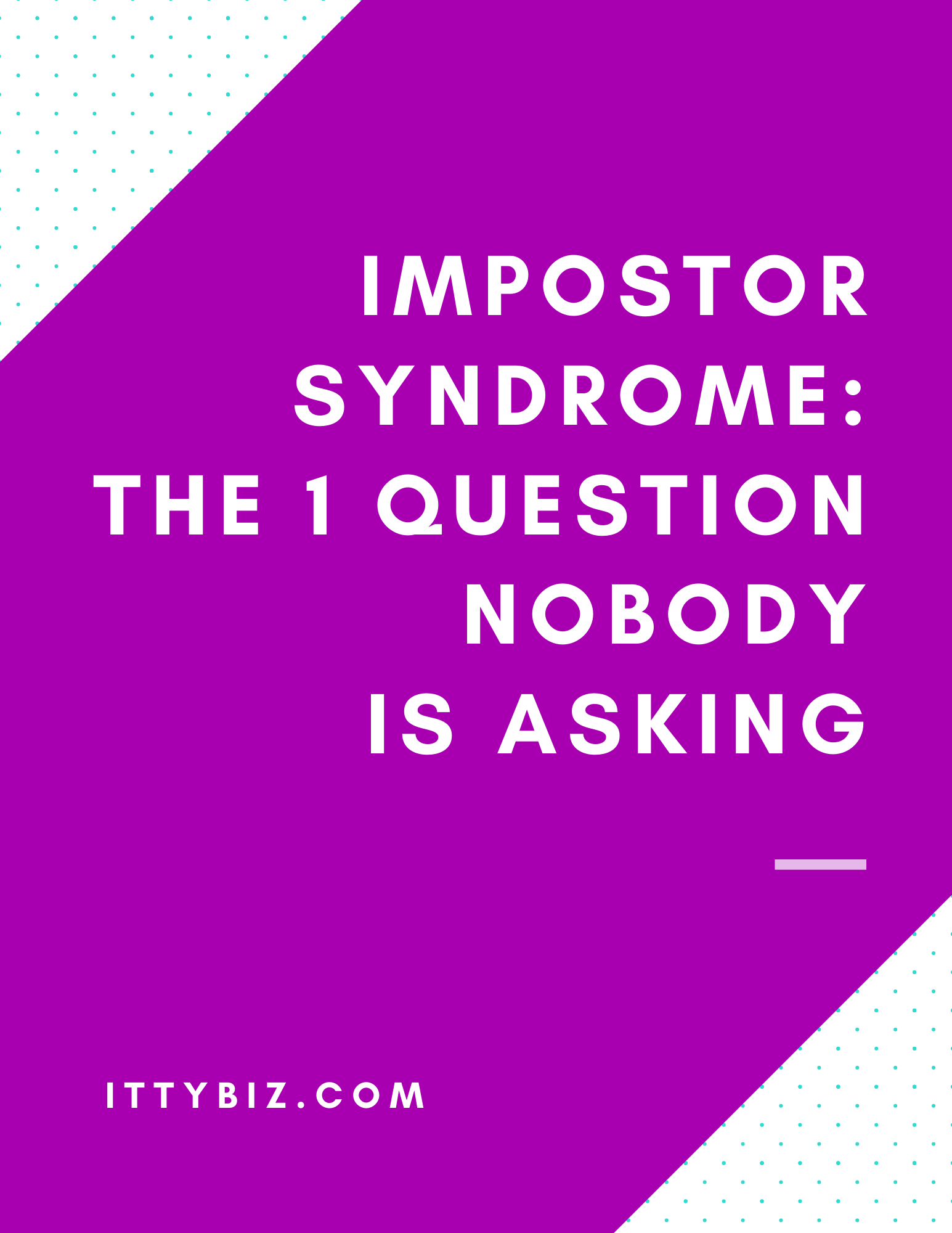Why do some individuals struggle with emotional dependency or impostor syndrome? Science offers fascinating insights into these behaviors, helping us understand their roots and possible solutions.
Through this exploration, we will delve into the scientific foundations behind procrastination, emotional dependency, and impostor syndrome. By understanding the science behind these challenges, you can start to address them effectively.
What is Procrastination?
Procrastination is not just laziness; it’s a behavior rooted in brain functions. Studies in neuroscience show that conflict between brain regions often leads to procrastination.

The limbic system, which governs emotions and immediate gratification, tends to override the prefrontal cortex. This results in delaying tasks over long-term goals. Techniques like mindfulness and CBT can assist in retraining the brain to focus on productive habits.
What is Emotional Dependency?
Emotional dependency is deeply tied to attachment theory. Studies suggest that early relationships with caregivers play a significant role in shaping dependency behaviors.
For example, people with insecure attachment styles may develop excessive reliance on others. Breaking this cycle involves building emotional self-reliance through practices like journaling, therapy, or mindfulness-based techniques.
The Cognitive Science of Impostor Syndrome
Impostor syndrome stems from biased mental patterns, such as overgeneralization and perfectionism. Psychological research indicate that individuals with impostor syndrome exhibit thought patterns that undermine their confidence.

These distortions lead to a “fear of being found out” and a reluctance to internalize achievements. Strategies like cognitive reframing and mindfulness-based stress reduction (MBSR) are scientifically backed ways to combat these feelings.
Practical Solutions Backed by Science
Understanding the science is the first step, but actionable strategies are necessary to create change. Here are some proven methods:
- Procrastination: Use implementation intentions—specific plans that link a goal to a cue, such as “If it’s 9 AM, I will start writing my report.”
- Emotional Dependency: Practice self-differentiation, a technique where you focus on identifying your own needs separate from others’ expectations.
- Impostor Syndrome: Keep a success journal to document your accomplishments and review them regularly to challenge distorted self-perceptions.
oque e procrastinacao
These approaches have been validated through extensive research, making them reliable tools for personal development.
Conclusion: Science as a Guide to Personal Growth
These challenges are not insurmountable when you understand their scientific underpinnings. By addressing the brain’s tendencies, psychological patterns, and cognitive distortions, you can overcome these barriers.
Awareness is the key to growth. Begin today by using the research-backed techniques shared in this article to unlock your potential and thrive.